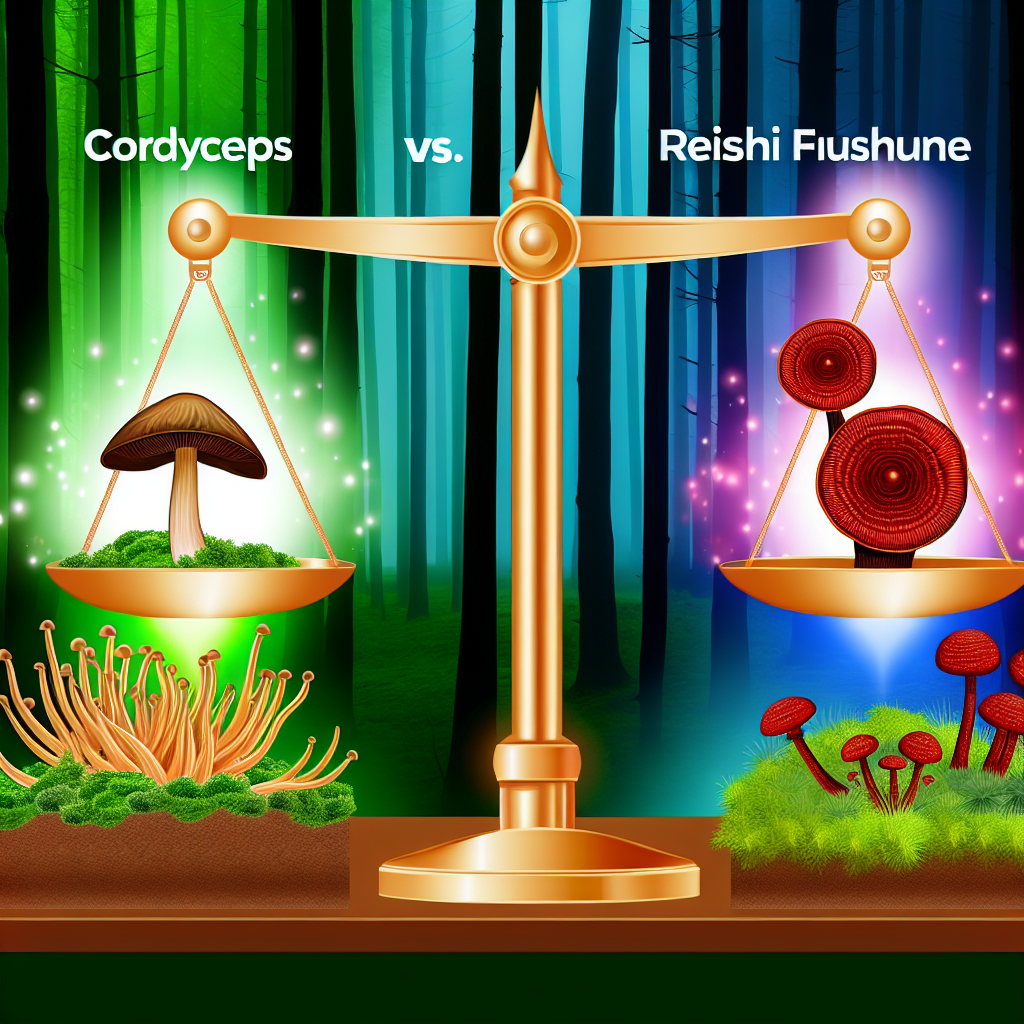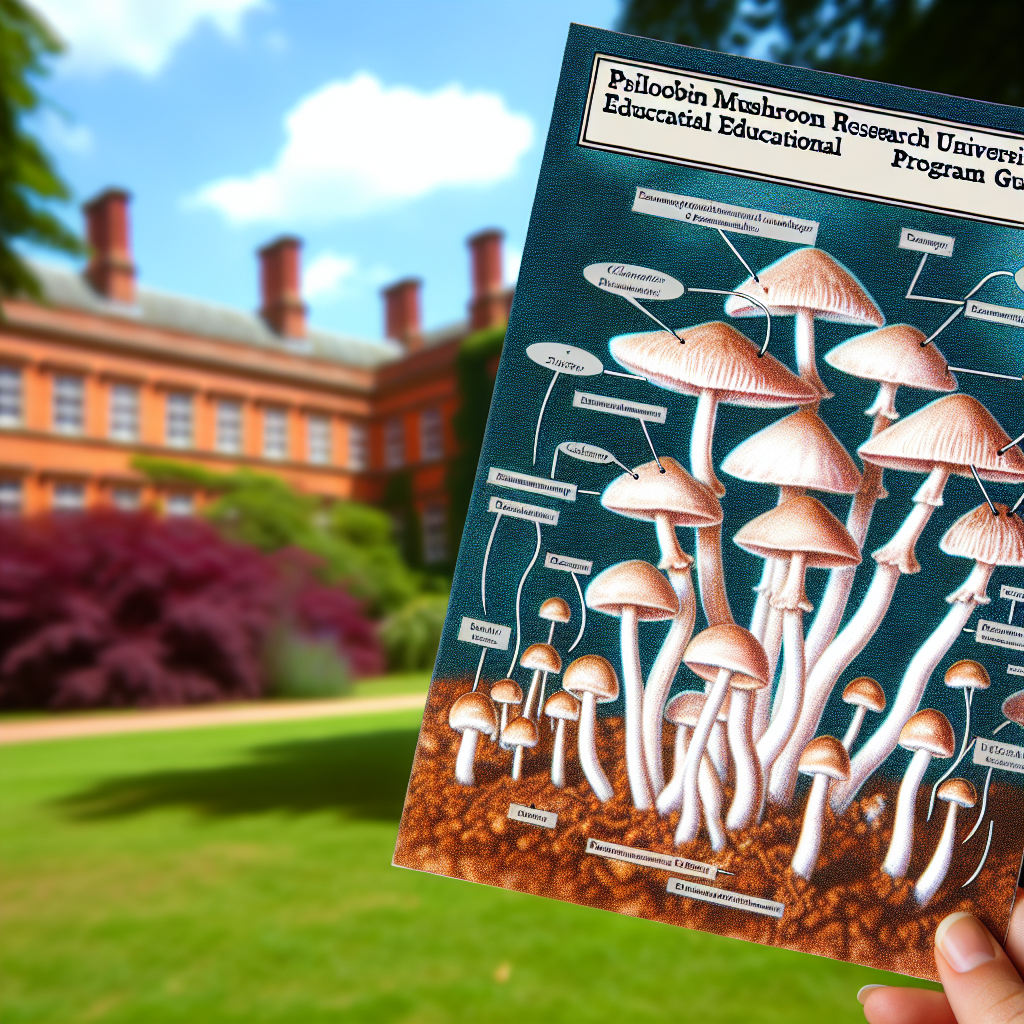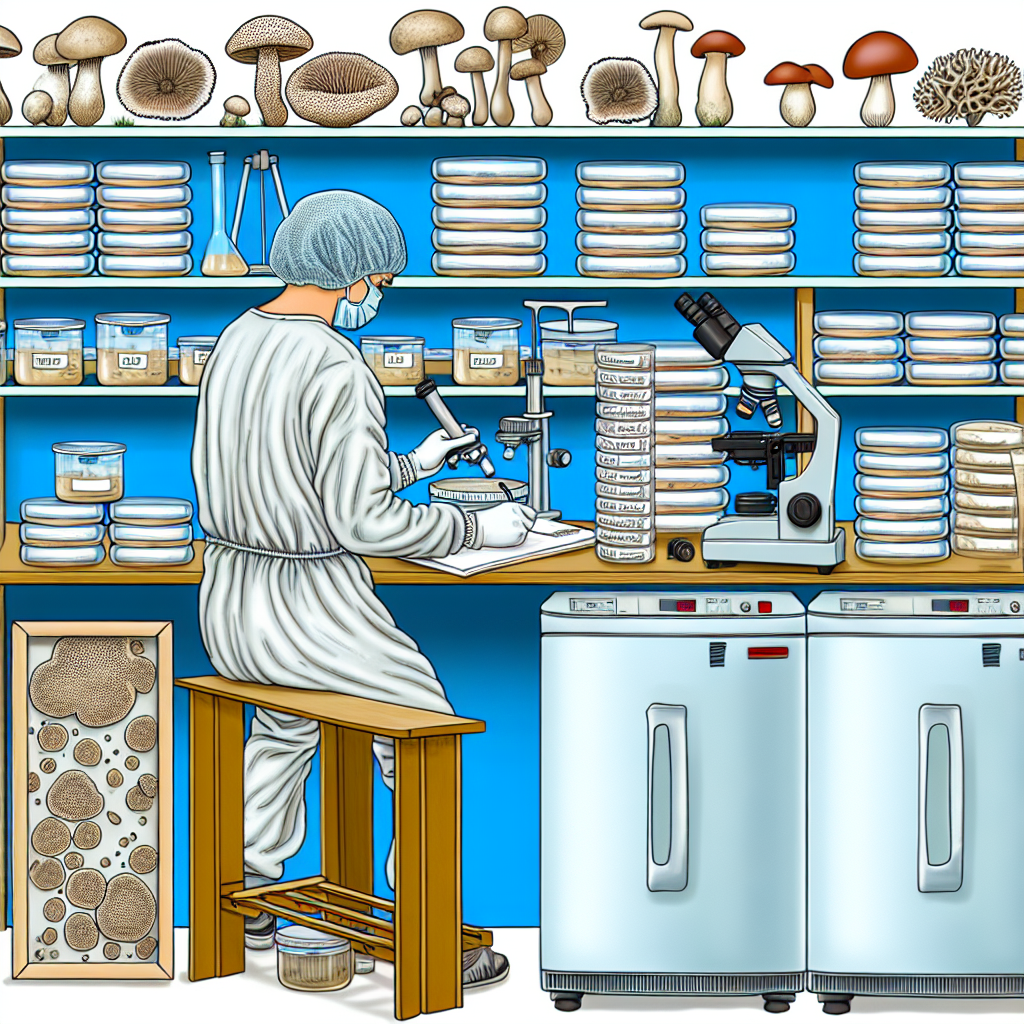Psilocybin Microdosing for Cognitive Enhancement: Evidence-Based Protocols
Introduction
In recent years, the world has witnessed a breakthrough in the resurgence of psychedelics for therapeutic and performance-enhancing purposes. At the center of this movement is psilocybin, a naturally occurring psychedelic compound found in certain species of mushrooms. While high-dose experiences dominate public perception, the subtle and increasingly popular practice of psilocybin microdosing is gaining momentum as a gentle yet powerful method for improving mental performance and overall wellness.
Microdosing involves taking very small, sub-perceptual doses of psilocybin—often around 100mg to 300mg of dried mushroom—intended to enhance brain function without causing hallucinations or impairing daily functioning. This practice is particularly appealing to those seeking cognitive enhancement, including heightened focus, creativity, emotional balance, and reduced symptoms of anxiety and depression.
Historically rooted in underground psychonaut culture and Silicon Valley innovation hubs, microdosing is now drawing attention from neuroscientists, psychotherapists, and medical professionals. Emerging studies suggest that psilocybin may positively affect serotonin receptors and promote neuroplasticity, the brain’s ability to reorganize and form new connections. These biological effects support the psychological and cognitive improvements often reported by microdosers.
As social stigmas fade and clinical research advances, microdosing may usher in a new era of natural, holistic approaches for optimizing human potential—particularly relevant for those navigating stress, burnout, and creative blocks.
This article discusses the current science behind microdosing, outlines top evidence-based protocols, and explores how sub-perceptual psilocybin doses may provide safe, sustainable cognitive enhancement solutions.
Evidence-Based Research and Clinical Features
Although large-scale clinical trials on psilocybin microdosing are still ongoing, various small studies and real-world observations point to compelling outcomes in neurological and cognitive health improvement.
One significant survey, published in Frontiers in Psychiatry (2021), analyzed self-reported data from more than 8,000 microdosers. Participants noted improvements in mood, focus, and creativity, along with reduced anxiety and depression—conditions typically associated with cognitive impairment. These emotional and cognitive benefits help explain why microdosing is increasingly seen as a legitimate brain optimization strategy.
Complementing these findings, a randomized, double-blind placebo-controlled study led by Balázs Szigeti, published in eLife (2021), used a unique self-blinding protocol. Participants assembled their own placebo and active doses, minimizing bias. Though the effect sizes were modest, users still reported consistent enhancements in attention, working memory, and pattern recognition, along with emotional balance and productivity gains.
Another noteworthy study in the Journal of Psychopharmacology (2018) found that microdosers scored significantly higher in both convergent and divergent thinking tests—skills directly linked to creativity and problem-solving. These outcomes are believed to be a reflection of improved cognitive flexibility, allowing users to perceive problems from multiple perspectives and identify novel solutions.
From a neuroscience standpoint, psilocybin’s effects on the default mode network (DMN) contribute to enhanced focus and mental clarity. Typically overactive in people experiencing depression or rumination, the DMN appears to be gently modulated during microdosing, enabling a more present and task-focused mindset. Psilocybin also increases production of Brain-Derived Neurotrophic Factor (BDNF), a protein essential for learning and memory consolidation.
Collectively, these findings suggest that even in small, non-psychedelic doses, psilocybin has the potential to foster improved mental performance and emotional regulation through biological and psychological pathways.
Evidence-Based Microdosing Protocols
Safely incorporating psilocybin into a microdosing protocol requires mindful adherence to established schedules. Common dosages range from 100mg to 300mg of dried psilocybin mushrooms, which are low enough to avoid intoxication but high enough to stimulate subtle neurocognitive shifts.
Below are the two most researched and popular microdosing schedules:
1. The Fadiman Protocol
Designed by Dr. James Fadiman, a pioneer in psychedelic science, this regimen involves taking one microdose every three days:
– Day 1: Dose
– Day 2: No dose (integration period)
– Day 3: No dose (reflection and return to baseline)
– Repeat…
This approach minimizes the risk of tolerance buildup and allows participants time to observe and journal the effects of each dose. Users typically report heightened clarity and productivity on dosing days without a disruptive crash in subsequent days.
2. The Stamets Stack
Developed by renowned mycologist Paul Stamets, this protocol advocates a five-days-on, two-days-off schedule. The key feature of this stack is the addition of complementary substances:
– Psilocybin (100–250mg)
– Lion’s Mane Mushroom (1,000–2,000mg): Supports neurogenesis and nerve repair.
– Niacin (Vitamin B3, ~100mg): Enhances psilocybin absorption and helps deliver compounds deeper into brain tissue.
This regimen is designed to maximize brain plasticity and long-term mental clarity. Those following the Stamets Stack often report cumulative gains in focus, creativity, and emotional resilience.
Regardless of protocol, important supportive practices include:
– Intention setting before each dose
– Journaling to track cognitive or emotional changes
– Mindful activities like meditation or nature walks
– Avoiding other psychoactive substances for clear measurement of effects
Safety and Legality
While generally well-tolerated, psilocybin—especially in microdoses—may occasionally cause mild side effects, including:
– Light anxiety or overstimulation
– Digestive discomfort
– Increased restlessness or insomnia
These symptoms are rare and usually resolve naturally within a few hours. However, individuals with a history of bipolar disorder, schizophrenia, or other severe mental health conditions should avoid psilocybin unless supervised by a healthcare provider.
Legally, psilocybin’s status varies worldwide. It remains a controlled substance in many jurisdictions, although several U.S. cities (e.g., Denver, Oakland, Seattle) and countries like the Netherlands and Jamaica have decriminalized or allowed its use under certain conditions. As psychedelic research grows, legal frameworks are expected to evolve, creating new opportunities for therapeutic access.
Anyone considering microdosing should consult a licensed healthcare professional and ensure they are compliant with local laws.
Conclusion
Psilocybin microdosing holds immense promise as a natural tool for cognitive optimization, with early research suggesting benefits across attention, creativity, emotional balance, and even mental health. As protocols become more standardized and research continues to support its safety and efficacy, microdosing may soon complement mainstream approaches to personal development and mental wellness.
By following evidence-based dosing schedules, tracking personal outcomes, and approaching microdosing with intention and responsibility, individuals may unlock newfound clarity, productivity, and mental resilience in their personal and professional lives.
References
– Frontiers in Psychiatry (2021): “Self-reported Microdosing Outcomes and Psychedelic Use”
– eLife (2021): “Citizen Science Self-Blinding Microdose Study”
– Journal of Psychopharmacology (2018): “Creativity and Microdoses of Psychedelics”
– Beckley Foundation: Microdosing Research & Policy
– MAPS: Multidisciplinary Association for Psychedelic Studies
– ShroomFan.com for educational resources on microdosing and mushroom wellness.
Concise Summary
Psilocybin microdosing, the practice of consuming sub-perceptual doses of psychedelic mushrooms, is gaining attention for its potential to enhance cognitive function, emotional balance, and creativity. Emerging research links microdosing with increased focus, reduced anxiety, and greater neuroplasticity. Evidence-based protocols such as the Fadiman and Stamets methods guide safe and effective use. While safety and legality vary, growing public and scientific interest suggests microdosing may become a mainstream wellness tool. As studies expand and social perceptions shift, microdosing could play a pivotal role in the future of cognitive and emotional health.

Dominic E. is a passionate filmmaker navigating the exciting intersection of art and science. By day, he delves into the complexities of the human body as a full-time medical writer, meticulously translating intricate medical concepts into accessible and engaging narratives. By night, he explores the boundless realm of cinematic storytelling, crafting narratives that evoke emotion and challenge perspectives. Film Student and Full-time Medical Writer for ContentVendor.com




